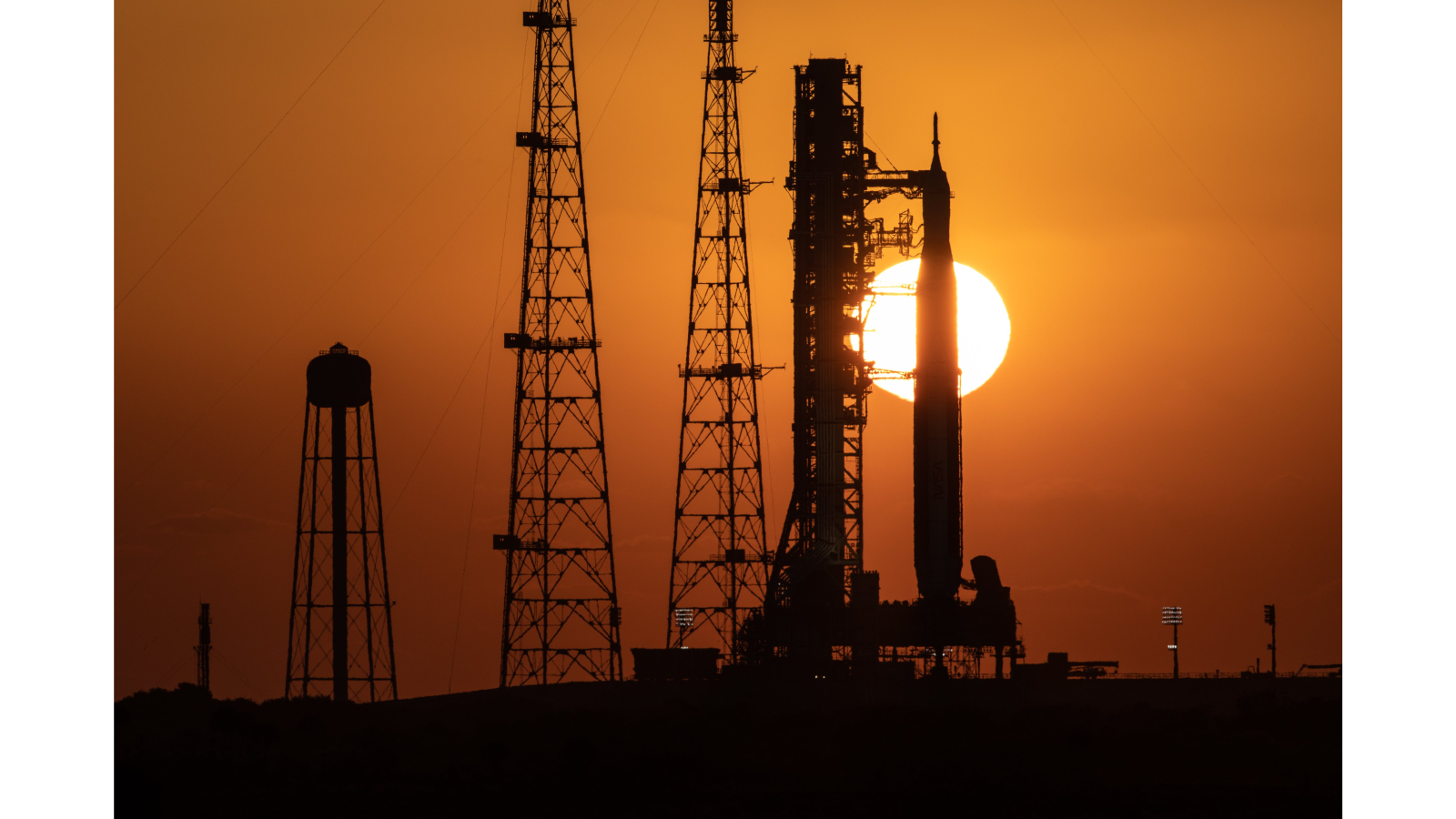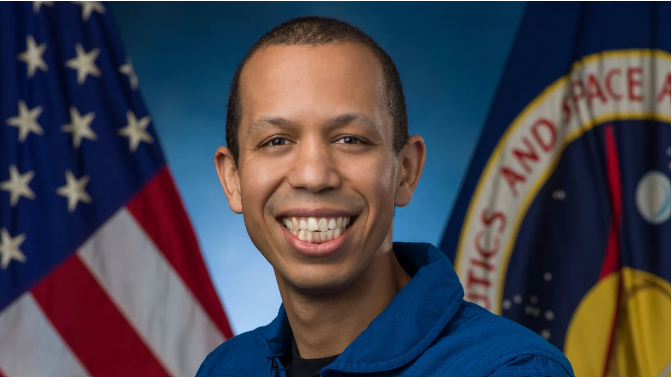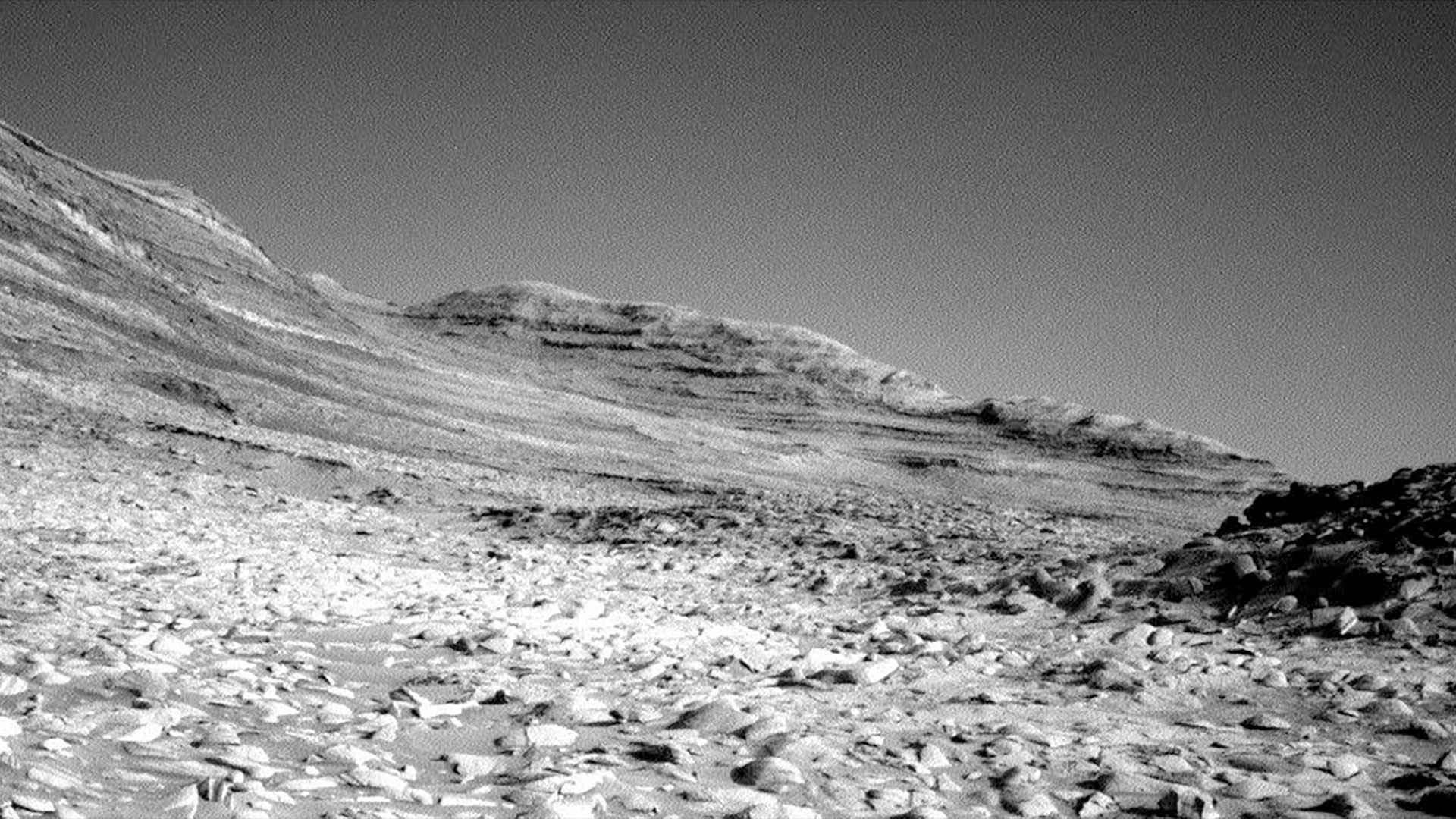
The crucial "wet dress rehearsal" for NASA's Artemis 1 moon mission won't cover as much ground as the agency had originally hoped.
The wet dress rehearsal is a practice run for Artemis 1, which will use a Space Launch System (SLS) rocket to send an uncrewed Orion capsule on a roughly month-long journey around the moon. The test goes through many of Artemis 1's most important prelaunch activities, including fueling of the SLS.
The wet dress began on April 1 at Pad 39B at NASA's Kennedy Space Center (KSC) in Florida and was supposed to wrap up about 48 hours later. But several technical issues paused the proceedings, which were then halted to accommodate the April 8 launch of the private Ax-1 mission to the International Space Station from KSC's Pad 39A.
Live updates: NASA's Artemis 1 moon mission
Related: NASA's Artemis 1 moon mission explained in photos
The Artemis 1 team had planned to pick things up again today (April 11), but they discovered a problem with a "helium check valve" in the Artemis 1 stack's mobile launch tower. Helium is used to purge fuel lines before propellant loading and unloading, and the valve problem affected the maintenance of the desired pressure of the gas in the RL10 engine of the SLS' upper stage, NASA officials explained in a blog post late last week.
Artemis 1 team members decided to resume the test on Tuesday (April 12), but in a modified format: They will no longer fuel the SLS upper stage, filling the core stage's tanks only.
The tanking activity will take place on Thursday (April 14), as will several launch countdowns and other key steps. If all goes according to plan, everything will build toward a simulated "liftoff time" of 2:40 p.m. EDT (1840 GMT), after which the team will detank the core stage and perform other wind-down activities.
Get the Space.com Newsletter
Breaking space news, the latest updates on rocket launches, skywatching events and more!
"I'm very confident that we're gonna have a good test on Thursday with the modified procedures, and I think we'll learn a lot," John Blevins, SLS chief engineer at NASA's Marshall Space Flight Center in Alabama, said during a call with reporters today.
Artemis 1 team members won't get data about upper-stage propellant loading, but they'll gather a lot of other information about SLS and Orion. And they've already met many of their wet dress objectives, thanks to the aborted efforts earlier this month, agency officials said during today's call.
And discovering a faulty valve is hardly a shock; Artemis 1 will be the first-ever flight for the SLS and just the second for Orion, so some issues are bound to crop up during prelaunch checks, team members said.
"Learning is part of it; you can't have a first flight and not have some learning," Charlie Blackwell-Thompson, Artemis launch director with the NASA Exploration Ground Systems program at KSC, said during today's call.
"So what do you do when something happens?" she added. "You look at the data, you develop a plan, you adapt and you let the data lead you to the next step. And that's what we're gonna do in preparing this amazing vehicle for flight."
It's unclear when that flight will occur; NASA won't set a target date for Artemis 1 until the wet dress is complete and the resulting data have been analyzed. The mission is unlikely to get off the ground before June, however.
If Artemis 1 goes well, Artemis 2 will launch astronauts around the moon in 2024. Artemis 3 is scheduled to land astronauts near the lunar south pole in 2025 or 2026.
Mike Wall is the author of "Out There" (Grand Central Publishing, 2018; illustrated by Karl Tate), a book about the search for alien life. Follow him on Twitter @michaeldwall. Follow us on Twitter @Spacedotcom or on Facebook.
Join our Space Forums to keep talking space on the latest missions, night sky and more! And if you have a news tip, correction or comment, let us know at: community@space.com.

Michael Wall is a Senior Space Writer with Space.com and joined the team in 2010. He primarily covers exoplanets, spaceflight and military space, but has been known to dabble in the space art beat. His book about the search for alien life, "Out There," was published on Nov. 13, 2018. Before becoming a science writer, Michael worked as a herpetologist and wildlife biologist. He has a Ph.D. in evolutionary biology from the University of Sydney, Australia, a bachelor's degree from the University of Arizona, and a graduate certificate in science writing from the University of California, Santa Cruz. To find out what his latest project is, you can follow Michael on Twitter.









